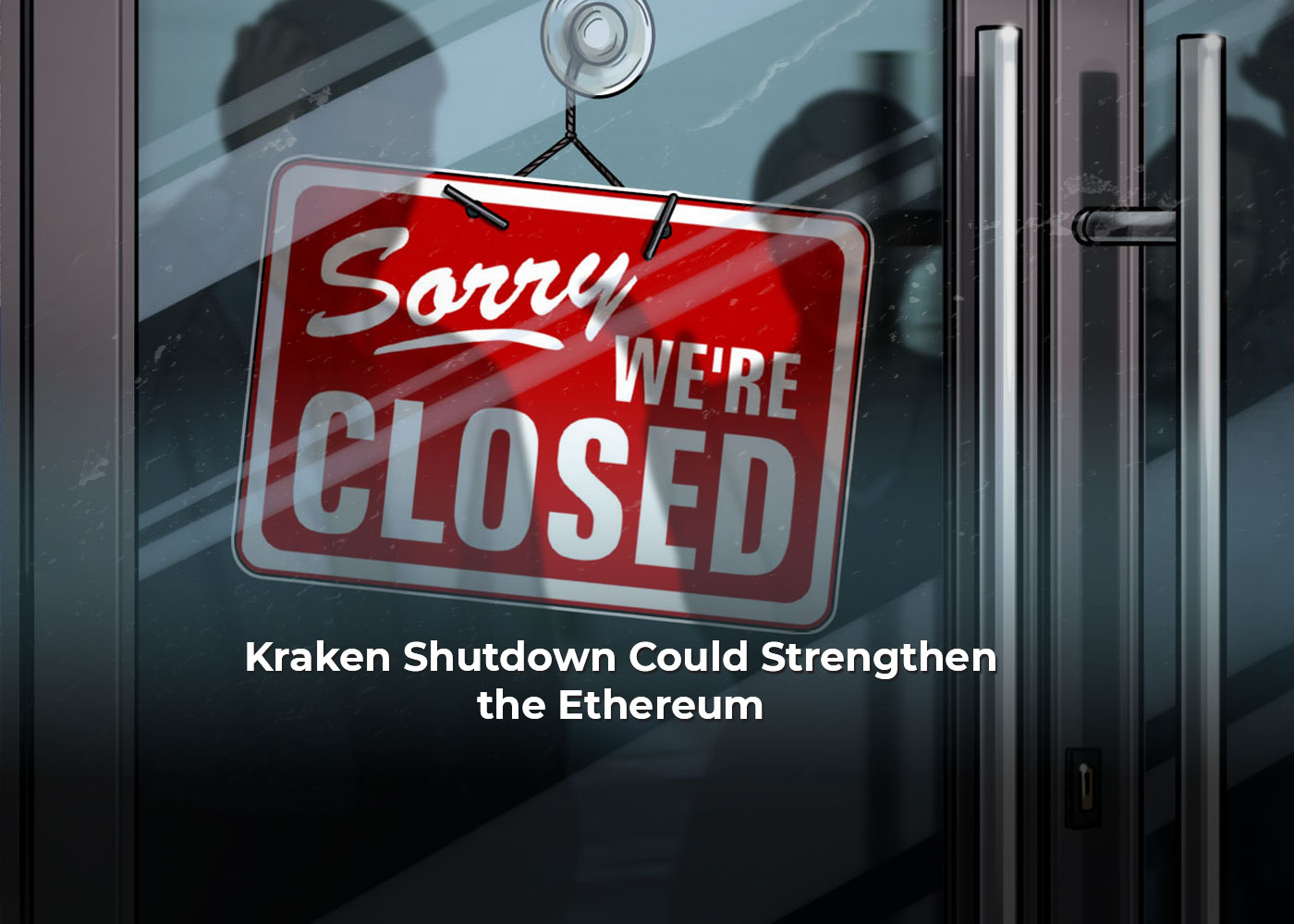Kraken Shutdown Could Strengthen the Ethereum

Last week’s unexpected settlement between the SEC and Kraken, a prominent cryptocurrency exchange platform, sparked debate surrounding staking on blockchains like Ethereum. The Kraken resolution classified their “staking-as-a-service” model as a security that could have tremendous implications for the entire blockchain staking environment.
This has resulted in industry experts considering what this verdict means for Kraken and the broader landscape of digital asset ownership and regulation. Decentralized staking services such as Lido and Rocket Pool are pondering whether the SEC’s outlook on staking can be beneficial for them in the end. At the same time, “solo-stakers” who help keep Ethereum running without any middleman see potential advantages from this ruling by the SEC; it could make their network more secure and decentralized after some time passes.
What This Kraken Could Mean for Decentralized Staking Services?
After the SEC ruling, investors were thrilled by how it would benefit decentralized staking platforms. As a result, the LDO token of Lido – one of the largest decentralized staking services – experienced an impressive 10% surge in price shortly after Kraken’s announcement last week. What sets Lido apart from other centralized services is its smart contract operations that are entirely powered via blockchain programming. By removing access barriers to these protocols, users can now easily take advantage of this service without any issues!

Lex Sokolin, the chief cryptoeconomist of ConsenSys’ Ethereum research and development firm, told CoinDesk that there is no cryptocurrency exchange management staff to manage your funds on your behalf. He then conveyed his desire to get a unique understanding of how Lido works in this context but acknowledged that it remains a complicated legal question with an uncertain current answer.
According to Some, This Can Further Decentralize the Ethereum Chain
Jaydeep Korde, the head of Launchnodes (a business specializing in setting up infrastructure to assist people with 32 ETH), deems staking services like Kraken detrimental to cryptocurrency’s aim for a “decentralized” financial system. In his words: “Having middlemen who offer interest rates through an enigmatic black box is not much different from what we have right now.” His statement speaks volumes about how these types of services are contrary to crypto’s goal of decentralization.
Korde believes that the news about Kraken will motivate those who own 32 ETH to go solo-staking or running their own nodes instead of entrusting a third party with control. Ben Edgington, product manager at ConsenSys Ethereum research and development firm, suggests this is healthy for decentralization. He goes on to say, “for the protocol’s health and well-being, it’s not ideal having a large, centralized entity controlling majority stake.”
You might check: AVAX Technical Analysis: Inspired By The 200-Daily Average




